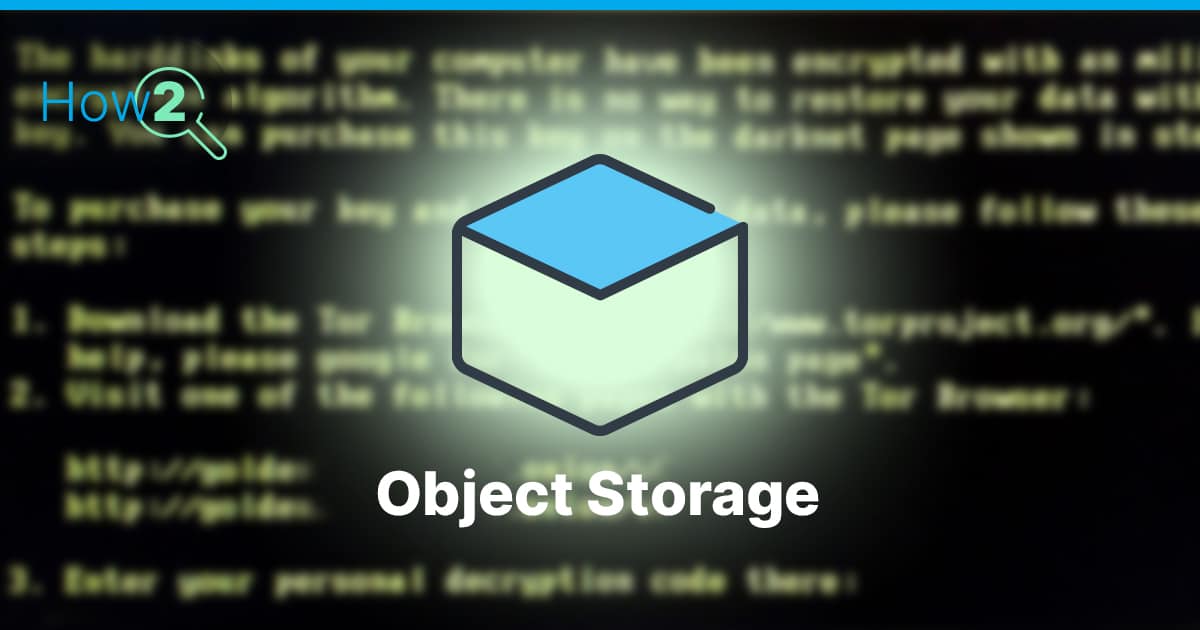
What is ransomware?
Ransomware is a type of malware that allows attackers to take control of a company’s data and demand a ransom to release it. It can devastate businesses, especially when vital business data is affected. The malware is typically spread through phishing emails, infected software downloads, or by exploiting vulnerabilities in a network.
Once the ransomware infects a system, it encrypts files and makes them inaccessible to the user. The attacker then demands payment, usually in the form of cryptocurrency, in exchange for the decryption key. Even some variants of ransomware threaten to publish or delete the stolen data if the victim does not pay the ransom.
Ransomware attacks have become increasingly common in recent years and have affected a wide range of organizations, from small businesses to large corporations and government agencies. The financial impact can be significant, as organizations may have to pay the ransom or incur costs associated with restoring their systems and data.
How does Object Storage mitigate the risk of a ransomware attack?
Object storage is a popular choice for businesses looking to protect their data from ransomware attacks. This is because object storage systems can target and block some of the most common ransomware attack vectors.
Versioning
One of the biggest advantages of object storage is that it has a versioning feature. This implies that the system will automatically save any changes you make to an object as a new version. In the event of a successful ransomware attack, organizations can simply revert to a previous version of their data instead of paying to restore it.
Advanced Access Control
Another advantage of object storage is that it has advanced access control features. This allows companies to determine exactly who can and cannot access which part of their data. In the event of a successful ransomware attack, this can prevent the attackers from gaining access to all important data.
Backup your data
Companies that store their data in object storage should ensure that they perform regular backups and replicate them to a secure location outside the main storage. A comprehensive security strategy that includes training staff, monitoring networks and conducting penetration tests is also crucial.
Conclusion
In summary, object storage provides organizations with an effective way to mitigate the consequence of ransomware attacks. By using versioning, advanced access controls and replication, companies can reduce the risk of data loss and be able to respond more quickly to attacks. Additionally, these measures can help ensure the integrity and availability of critical business data.
Contabo offers an S3-compatible Object Storage. Check it out here.